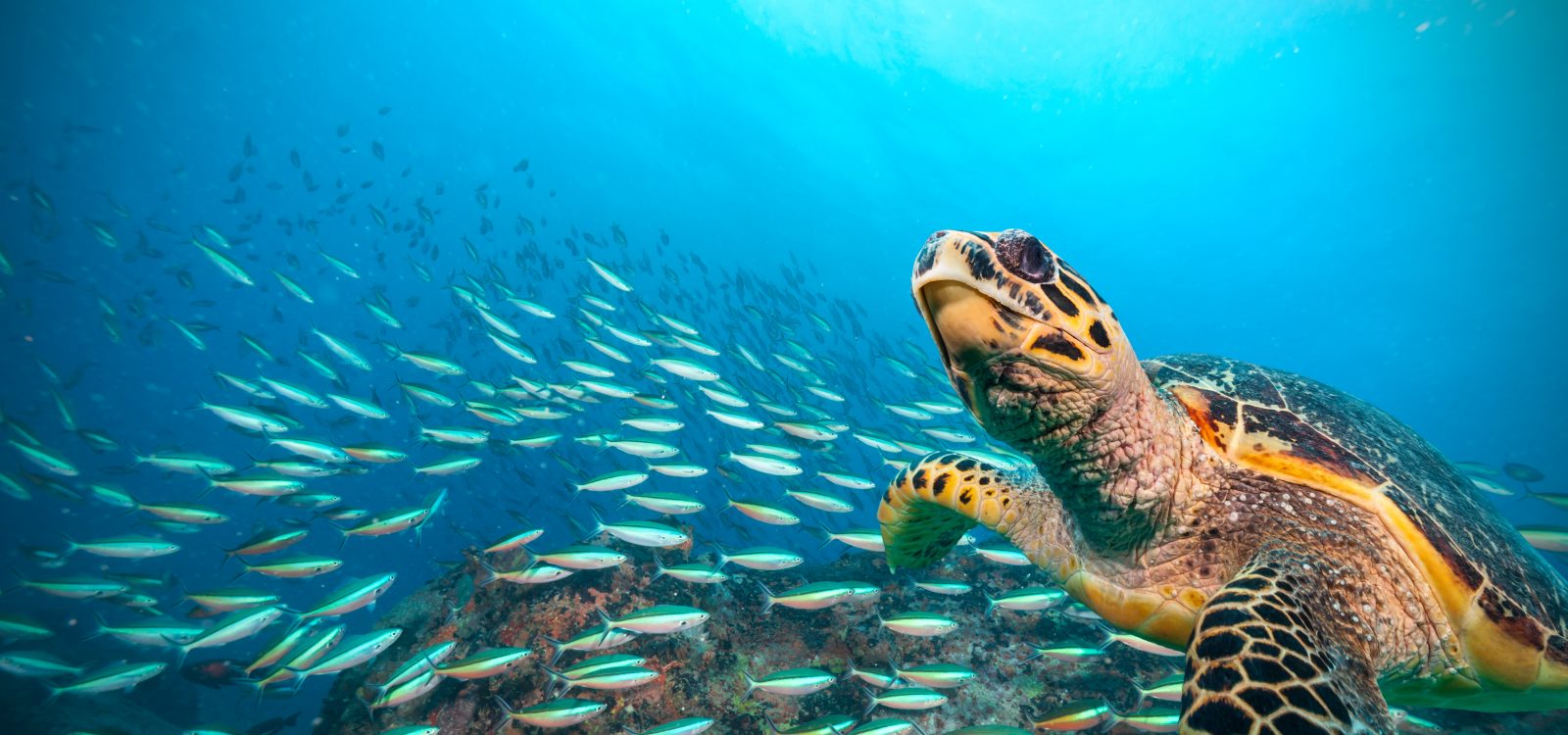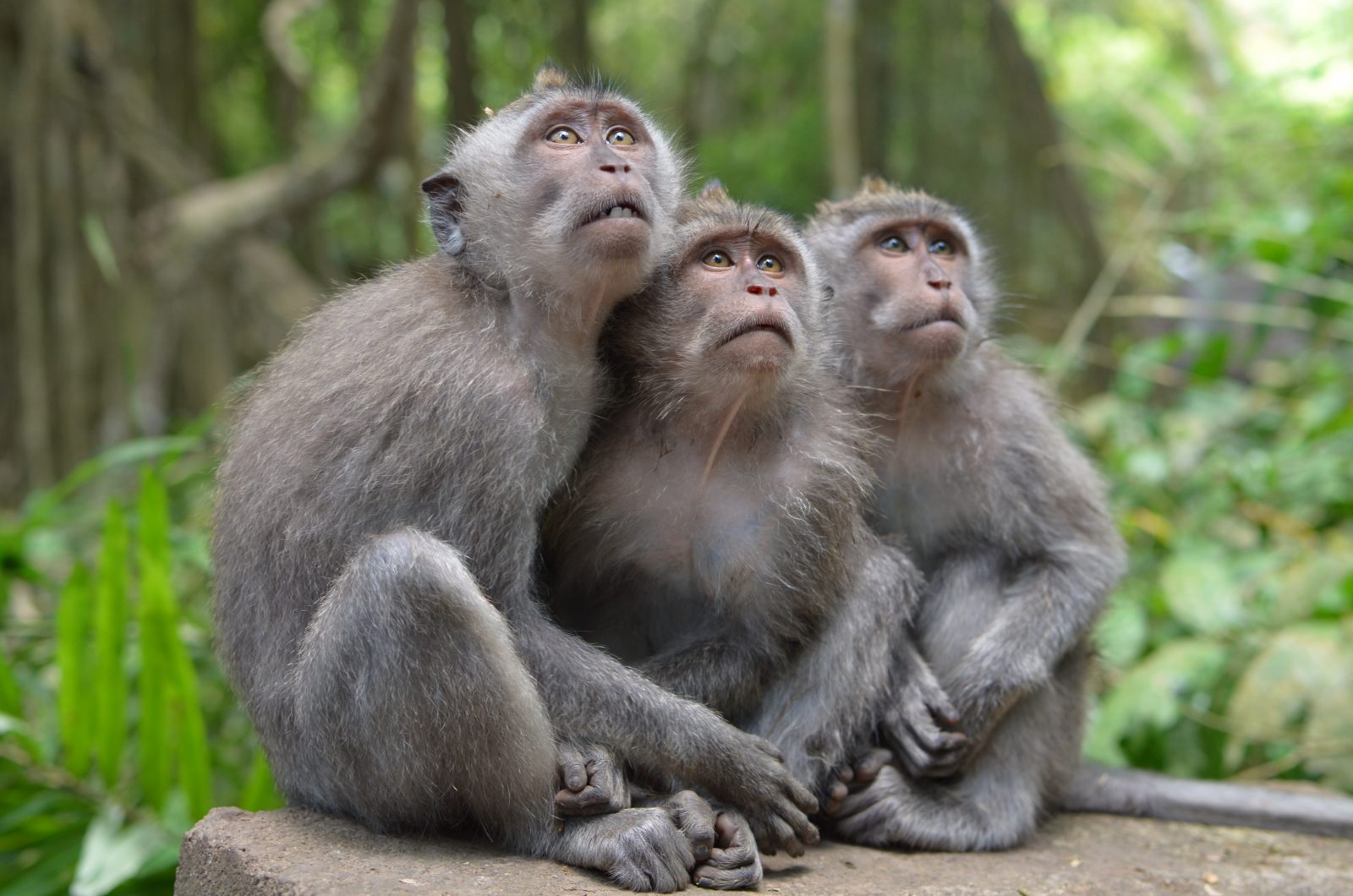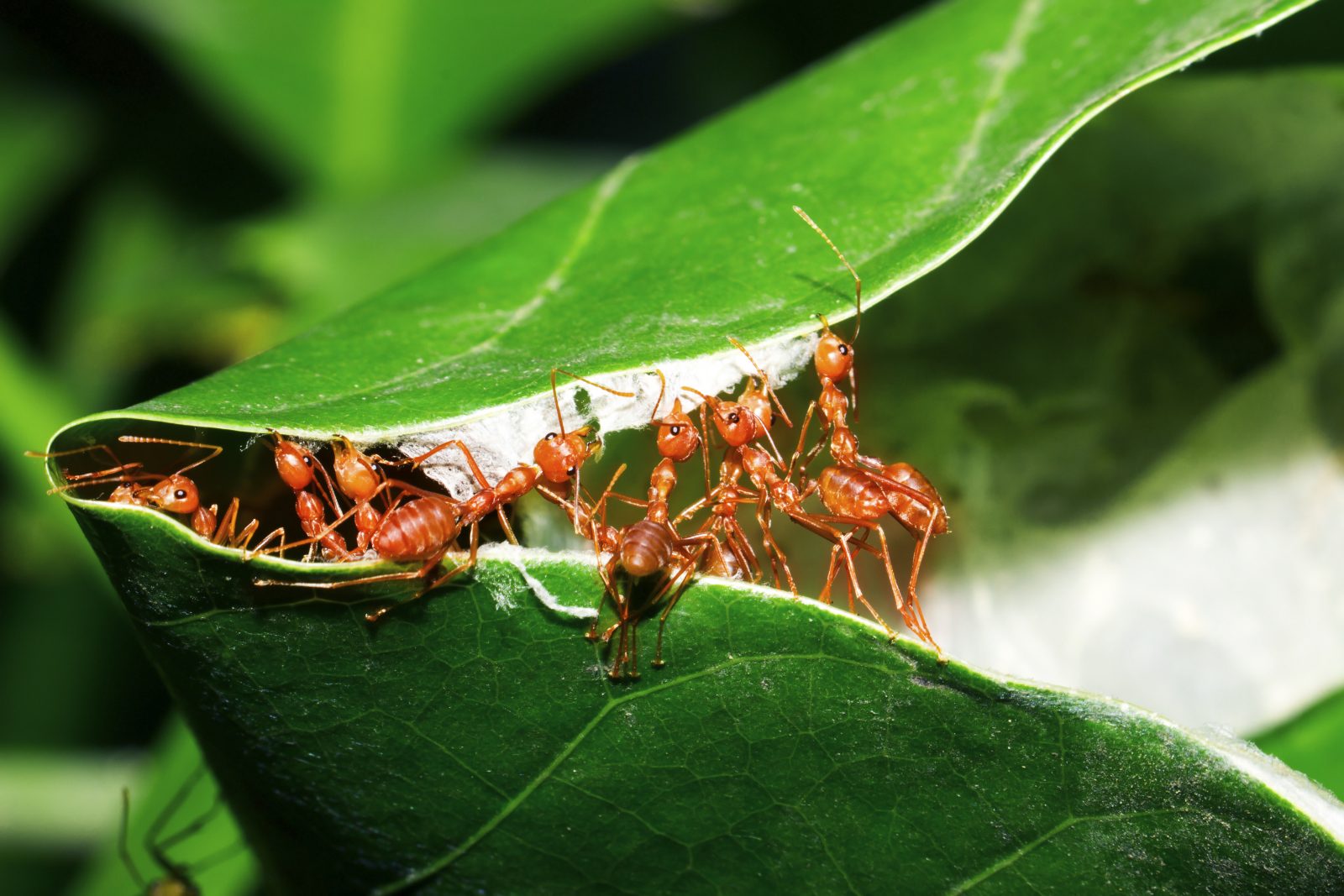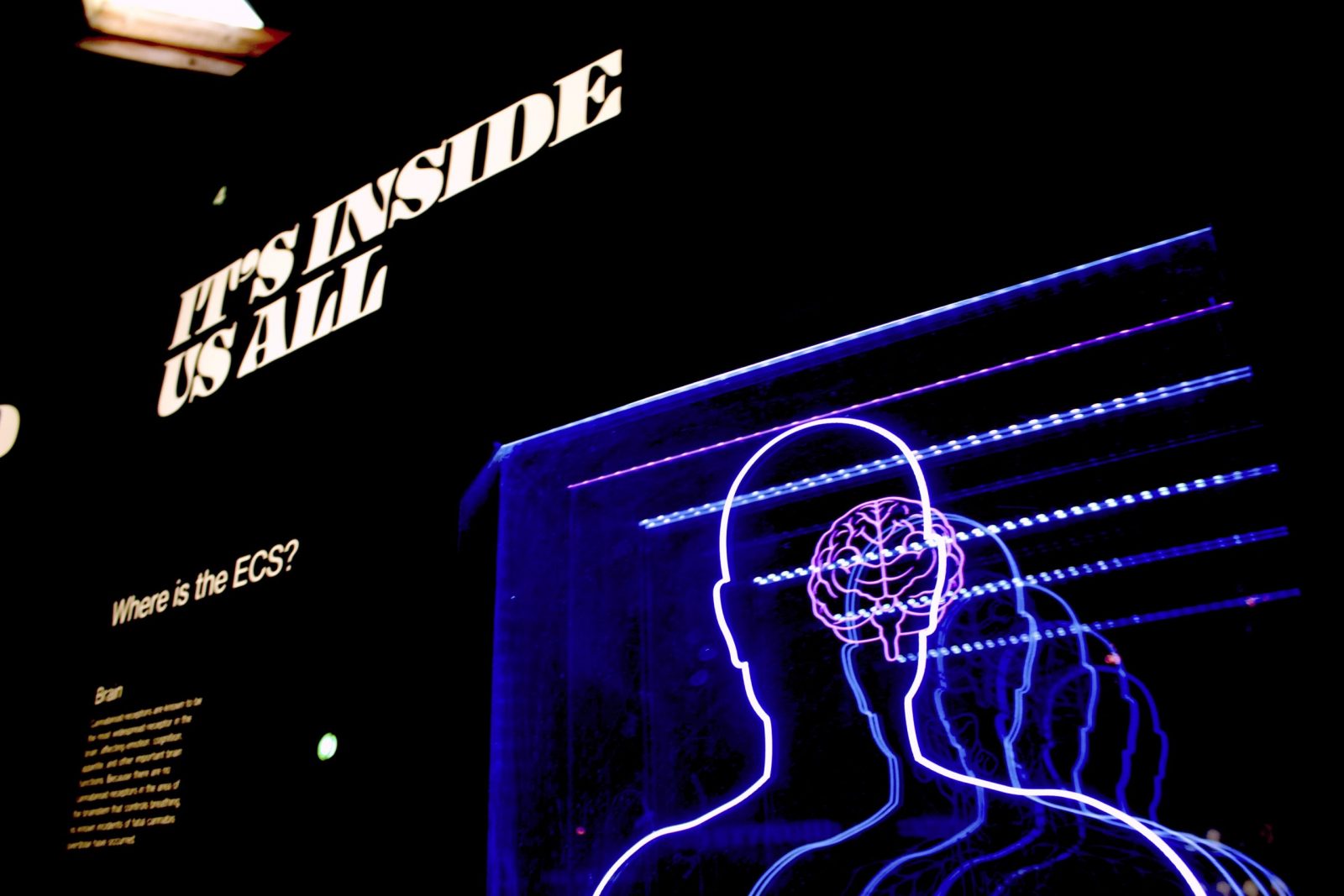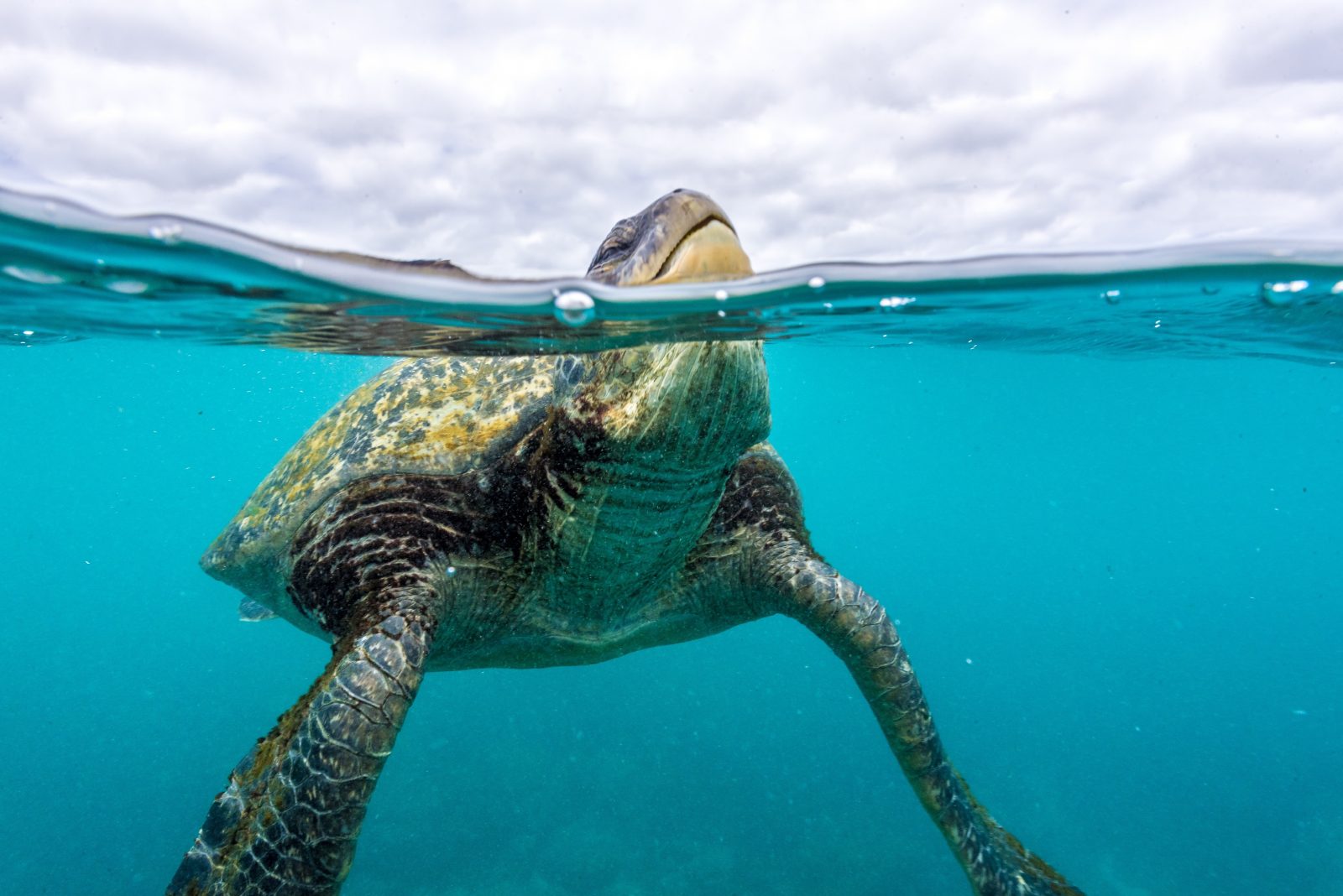
Hank Hanegraaff and Animal Algorithms Author Eric Cassell, Pt. 2
On today’s ID the Future, radio host Hank Hanegraaff continues his conversation with Animal Algorithms author Eric Cassell. Here they look at more insects with strikingly sophisticated innate behavior, suggesting intricate algorithms encoded into their brains from birth, all of which cannot be effectively explained by reference to Darwinian evolution. Cassell and Hanegraaff touch on wasp martial arts; termite altruism and termite architectural skills, including a cooling system that has inspired a human design; interdependent social caste systems that enhance fitness; and spiderweb architecture and the extraordinary properties of spider silk, including the different kinds of silk and the spider’s ability to employ different types precisely tailored for different needs. Cassell looks at evolutionary explanations for these innate abilities that appeal to the ideas of convergent evolution and selection pressure, and he shows why these don’t get us very far. He suggests the path forward is to set aside the dogmatic insistence on restricting ourselves to only naturalistic explanations and instead to consider the possibility of intelligent design. Hanegraaff and Cassell wrap up their discussion by taking on some common objections against the theory of intelligent design. The interview is presented here by permission of Hank Hanegraaff. Find the original at Hank Unplugged. Pick up your copy of Cassell’s book here.
